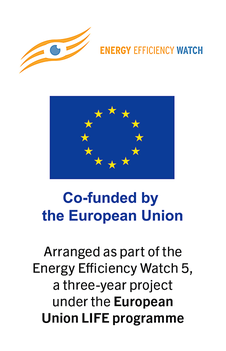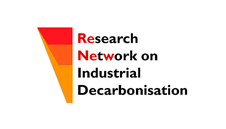Search eceee proceedings
How does the German manufacturing industry react to the calls to decarbonise?
Panel: 6. Deep decarbonisation of industry
This is a peer-reviewed paper.
Authors:
Stefan M. Büttner, University of Stuttgart, EEP – Institute for Energy Efficiency in Production, Germany
Christian Schneider, EEP - Institute for Energy Efficiency in Production, Germany
Hannes Mac Nulty, MacNulty Consulting, France
Werner Koenig, REZ - Reutlingen Energy Center for Distributed Energy Systems and Energy Efficiency, Reutlingen University, Germany
Chiara Piccolroaz, University of Stuttgart, EEP Institute for Energy Efficiency in Production, Germany
Alexander Sauer, EEP - Institute for Energy Efficiency in Production, Germany
Abstract
Urgent action is needed to keep the chance of limiting global warming to 1.5°C or even 2.0°C. Current outlooks by IPCC, and many other organisations forecast that this will be impossible at current pace of emission 'reductions' – Germany has already hit 1.5° warming this year. Across 2019, particularly during the UN New York Climate summit, numerous organisations declared their ambition to become net carbon neutral. Amongst these were investors and companies, including quite a number of German ones.
We apply a mixed methods approach, utilising data gathered from approx. 900 companies after Climate Week in context of the Energy Efficiency Index of German Industry (EEI), along with media research focusing on decarbonisation plans announced and initiatives pledging climate action.
With this, we analyse how German companies in the manufacturing sectors react to rising societal pressure and emerging policies, particularly what measures they have taken or plan to implement to reduce the footprint of their company, their products and their supply chain. In this, we particularly analyse whether and in what way energy- and resource consumption, as well as carbon emissions are considered in the development and lifecycle of goods manufactured. This is of huge relevance as these goods determine the future footprint of buildings, vehicles and industry.
Regarding the supply chain, current articles indicate that small and medium-sized enterprises (SME) are particularly challenged by increasing demands from their large corporate clients and an alleged lack of preparedness to be able to take and afford prompt decarbonisation action themselves (Buchenau et. al. 2019). Notably the automotive industry recently announced new models that will be 100% carbon neutral all the way through (ibid). We thus analyse if and how factors such as company size, energy intensity and sector affiliation influence a company’s plan to fully decarbonize. Ownership structure and corporate culture, it appears, significantly impact on the degree of decarbonisation action underway.
Downloads
Download this paper as pdf: 6-149-20_Buettner.pdf
Download this presentation as pdf: 6-149-20_Buettner_pre.pdf














